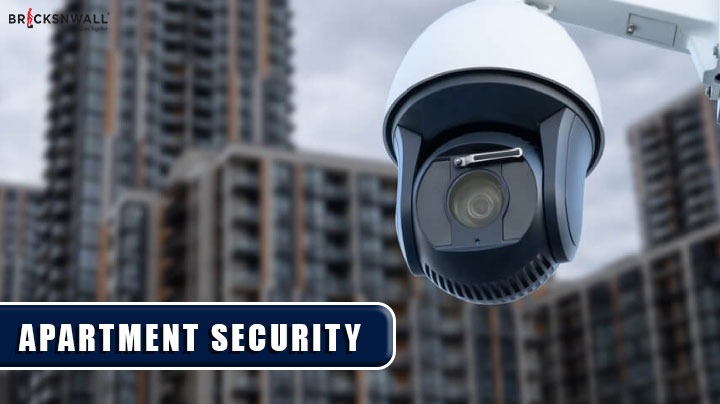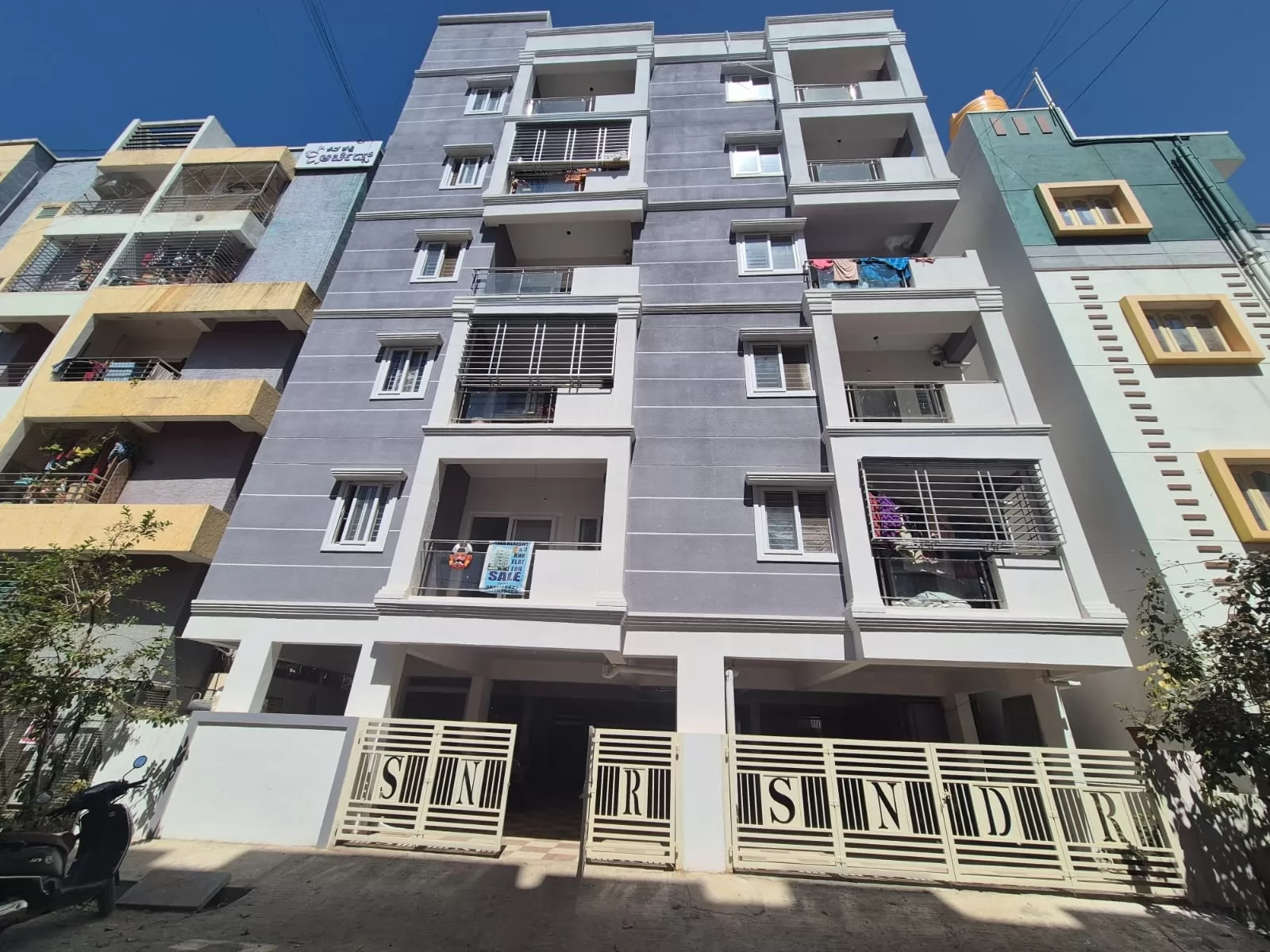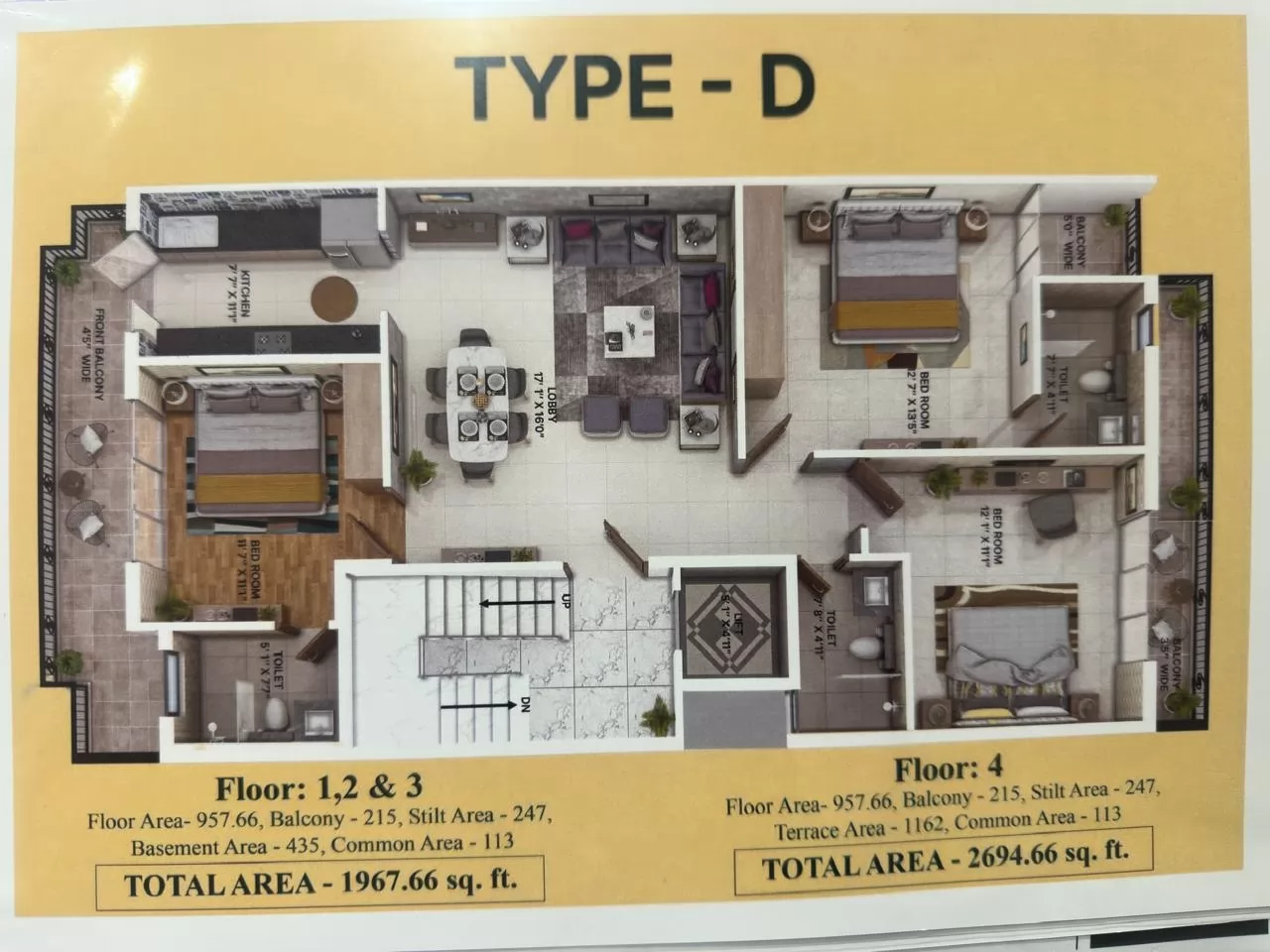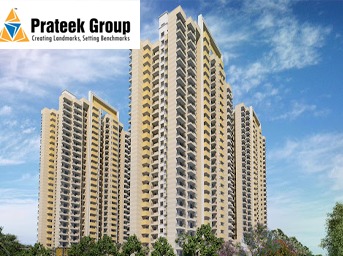Apartment Security Tips You Should Know
Bricksnwall Trusted Experts

Moving into a new apartment causes a rush of emotions that is full of highs and lows. Fears about how safe it will be to live in the flat could be one of the low points. We have put together a list of security suggestions for apartments since we know that security advice for homes doesn't often apply to people who live in apartments or rented properties. When relocating, put these apartment safety tips to use to give yourself some much-needed peace of mind.
It's always better to be cautious than sorry, particularly
when relocating. The following apartment safety advice will help you and your
family stay safe and protect your possessions.
1. Think About Security Prior to Moving In:
Apartment Security Tips You Should Know is When
looking for a new residence, prioritize security. While looking through
possible homes, check the structure for any hazards and confirm that security
features like cameras, security lights, and entrance locks are installed. Look
at the apartment building at night and imagine how secure it would be to stroll
about the property or get to your car. Verify the apartment location's crime
statistics as well. Check if there are high crime rates in your community with
online safety tools.
To find out whether the area has a high crime rate,
use internet neighborhood safety resources.
2. Set up a protection framework
Apartment owners can also install security system
equipment to safeguard their homes; security systems are not just for
homeowners. For people who live in apartments, the top home security firms
provide a range of systems with renter-friendly features including wireless
communication and adhesive installation. Think about adding motion detectors,
window or door sensors, and cameras at your backyard or front door.
3. Replace Your Door Locks
You might be able to improve the door locks in
certain rental properties, such as apartment buildings or single-family homes,
to boost security. To be sure, check with your landlord. By upgrading the lock,
you may be sure that previous tenants don't have duplicate copies of your keys.
For further security, think about installing a deadbolt or requesting your
landlord to install one.
4. Get a security bar for your door
If you can't change the locks, get a door security bar in addition to upgrading the locks. These bars, which are angled between the doorknob and the floor to provide additional support in the event that someone tries to enter the door, are also known as door jammers. These are essentially strong doorstops that can withstand a person's force. You'll have even more peace of mind if you install a door security bar before going to bed.
5. Strengthen Door Sliders
Swing doors are intended for door security bars. In
addition to the door lock, you can increase protection if your flat includes
sliding doors. Because sliding door latch locks often have lower strength than
ordinary door locks, this is particularly crucial. Install a rod to stop the
door from slamming open inside the bottom door track. Any kind of wood or metal
rod—such as a broom handle or a rod designed especially for this use—that fits
inside the track can be used as the rod.
6. Keep Your Windows Safe
The security of windows is equally as vital as that
of doors. Unlocked windows make it simple to break into an apartment without
permission. If your windows don't already have locks, you can install some to
secure them. Many windows come with locks. Before doing so, make sure you check
with your landlord or the leasing office, or ask them personally for this additional
security step. For tenants, there are non-permanent window lock options that
are ideal.
7. Always keep windows and doors locked
There are a few extra things to think about, even if it might seem obvious to keep your flat locked when you're not there. Make sure your doors and windows are locked, and even when you're inside the apartment, keep them locked. Establish the routine of making sure everything is locked up before going to bed every night.
8. Draw the drapes
One effective defense against intruders entering
your home is to keep your curtains closed. It's simple for someone to peer
inside when your curtains are open, especially at night, and possibly check out
valuables like electronics and TVs. This can make robbers want to break into
your residence. Every time you leave the house or go out at night, draw the
curtains.
9. Keep up your renters' insurance
There is always the possibility that horrible
things will happen, even with the right security measures in place. Your
personal property will be covered by your renter's insurance coverage in the
event of theft or burglary. The majority of renter's insurance plans have a
nominal monthly premium but can add up if you ever need to make a claim. A
renter's insurance coverage may be required by certain landlords and apartment
buildings as a condition of the lease.
10. Keep Priceless Items in a Safe
Having a second lock on your door doesn't hurt,
even though the first one is your best line of defense against burglary. Keep
anything you own precious in a safe, including cash, jewelry, and family
treasures. This will make it harder for someone to steal the items that are
most valuable to you in the event that someone were to break into your home. To
further prevent theft, think about fastening the safe with bolts to a wall or
floor.
11. Get to Know Your Neighbors
Spend some time getting to know the locals when you move into a new area. When neighbors know one another, they usually watch out for one another. This could be useful if you notice any unusual activity outside your home. When you walk by a neighbor, say hello and start a discussion to let them know who you are.
For Get Secure Apartment, you can contact
Bricksnwall today!




